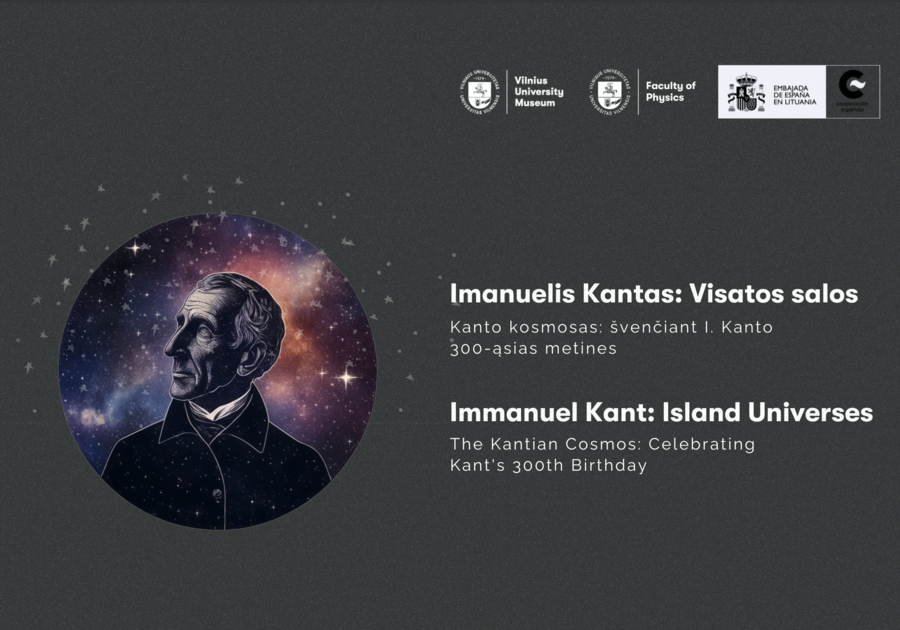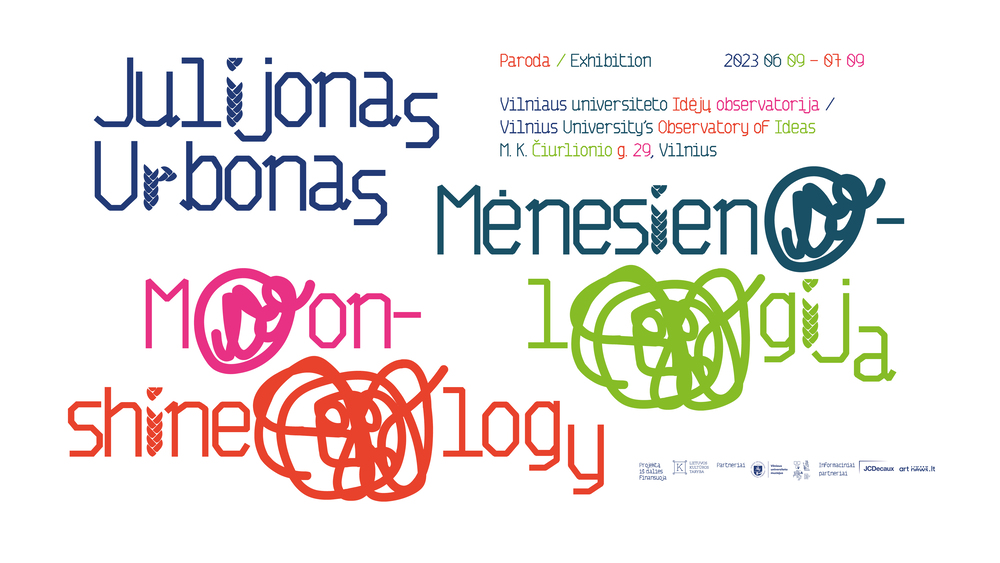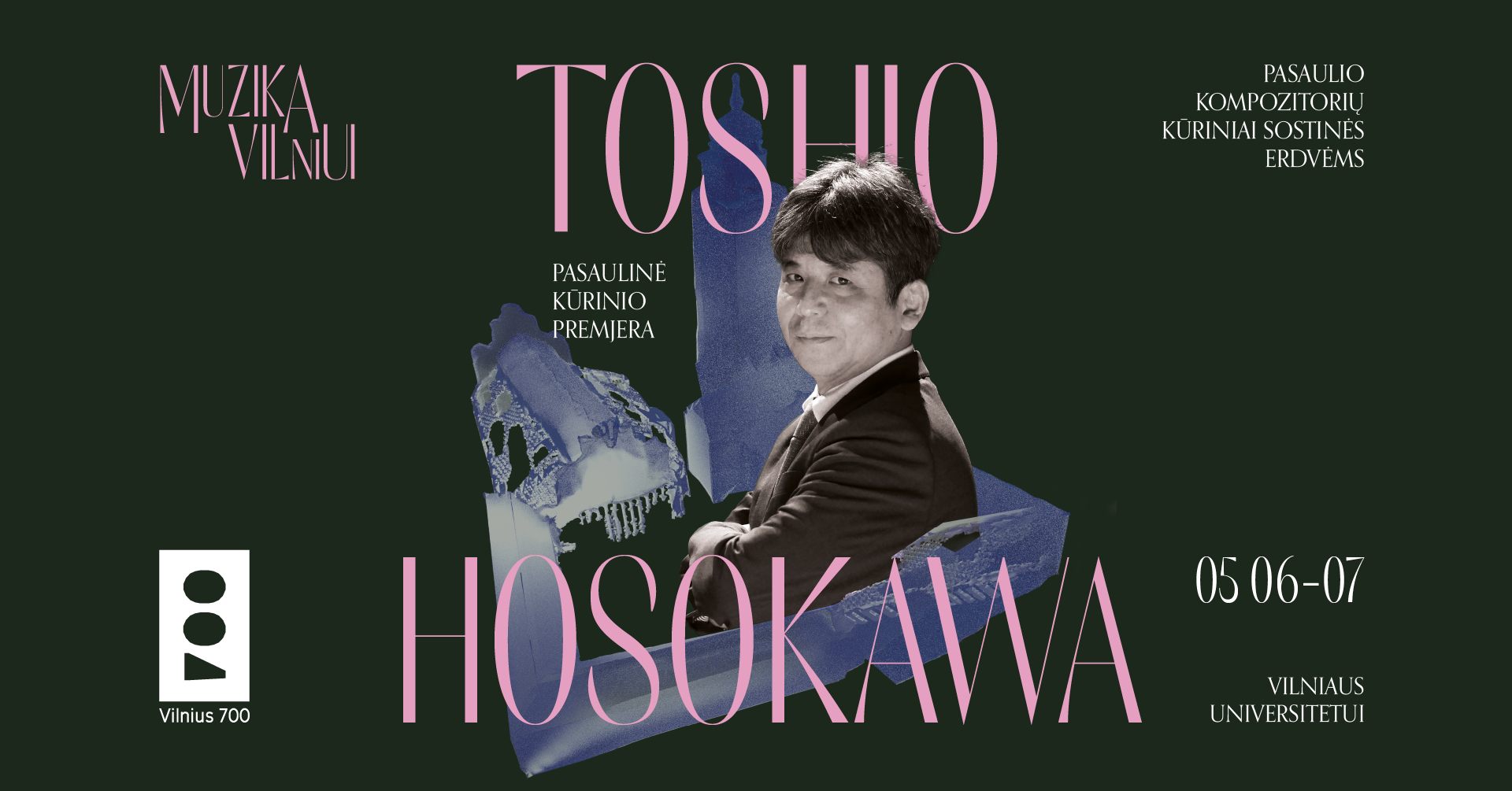Moonshineology exhibition by Julijonas Urbonas
09 06 – 09 07 2023
Vilnius University's Observatory of Ideas
Ever since humans first looked at the moon, its powerful pull has encouraged interest in the mysterious moonshine that continuously wanes and fills. The consistent, cyclical repetition of its light has shaped calendars and sowed doubts about its health effects, made people fall in love and inspired them to build telescopes to get as close to it as possible. Despite the fact that we have managed to walk on the dusty surface of the Moon, its light often still dictates sowing and reaping, when to cut our hair and when to make financial decisions. The nearly blind belief in the Moon’s influence and the controversial meanings of the English term ‘moonshine’, also meaning ‘high-proof liquor’, ‘nonsense’ and ‘fantasy’, provoke to explore the phenomena associated with moonlight using appropriate methods. For this, artist, researcher, and founder of the Lithuanian Space Agency Julijonas Urbonas proposes a quasi-science that balances between astronomy, astrobotany, alchemy, and artistic research—moonshineology. This discipline invites us to get to know the moon and the universe in an empirical and poetic way, i.e., through sensations, reasoning, and imagination.
Having been exploring weightlessness and gravity for over a decade, the artist presents his latest projects in a space that becomes almost an independent exhibit in itself—the Vilnius University Astronomical Observatory complex, built between 1925-1933.
Ever since light and dust contaminated the skies of the expanding city, the telescopes installed in this complex have become suitable only for observing the brightest and closest celestial objects, such as the Moon. Today, astronomy research in Lithuania is carried out under darker skies—at the Molėtai Astronomical Observatory of Vilnius University.
Having mostly focused his artistic practice on human nature and ambitious human aims, Urbonas now turns his gaze to nature and the physical and poetic phenomena that comes with it. Scattered around the buildings of the Astronomical Observatory and its garden, the works featured in the exhibition introduce different cosmological models at the level of microparticles and macroprocesses. The artist asks what the universe is made of, how it is evolving and what awaits it after us, what approaches to this knowledge are already outdated and what alternatives art can offer. As one of his creative strategies, Urbonas plays with etymological meanings. In this way, his proposed new words become parafictional objects, processes and creations that combine scientific achievements, folklore and speculative scenarios. The Moon in this exhibition acts as an etymological node, a mythological fertiliser, a tool for the distillation of ideas, and a guest of the night at daytime. Visitors are invited to experience the lunar states for themselves, swaying on post-apocalyptic swings or on a rotating lawn that the artist himself planted with the seeds of the white-flowered thale cress*, getting acquainted with the first inventions of astro-botany, or mentally trying on the “sweaters-accelerators”.
*Arabidopsis thaliana – a plant used in various biological experiments. Due to its short growing season, it is tried to cultivate on space satellites.
The exhibition is a part of the opening events of Vilnius University's Ideas Observatory after the reconstruction.
The exhibition opening event will take place on 9 June 2023, 6pm, at the Vilnius University’s Observatory of Ideas (M. K. Čiurlionio str. 29, Vilnius).
The exhibition will run from 10 June to 9 July 2023.
During the exhibition period, visitors will be invited to join guided tours and public lectures. Admission to the exhibition is free of charge.
Artist Julijonas Urbonas
Curator Milda Dainovskytė
Exhibition architect Vladas Suncovas
Exhibition designer Gailė Pranckūnaitė
Communication and texts by Jogintė Bučinskaitė
Texts editor Alexandra Bondarev
Translators: Alexandra Bondarev, Emilija Ferdmanaitė
Glass object by Remigijus Kriukas
Optical fiber braid by Morta Jonynaitė
Costumes by formuniform
The project is partly funded by the Lithuanian Council for Culture
Partners: Vilnius University Museum, Vilnius Academy of Arts, Lithuanian Museum of Ethnocosmology, Lithuanian Space Agency
Media partners: JCDecaux, Artnews.lt




